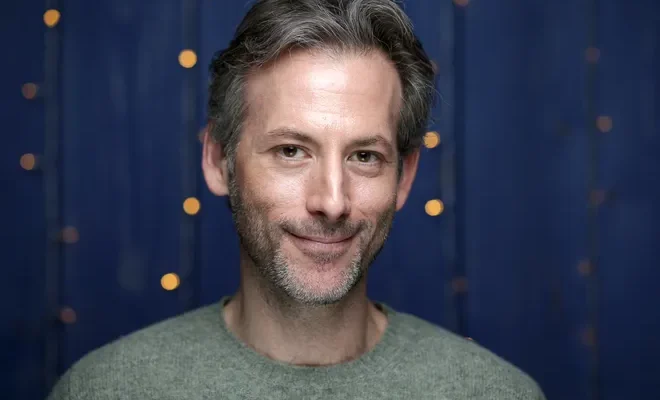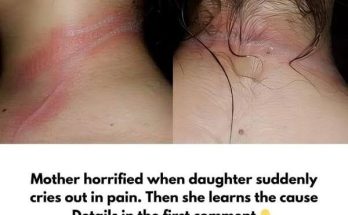Plaza and Baena’s family are asking for privacy as they navigate the aftermath. “This is an unimaginable tragedy,” reads a statement to USA TODAY on behalf of Plaza and the Baena family. “We are deeply grateful to everyone who has offered support. Please respect our privacy during this time.” And tributes for Baena and condolences for Plaza have been pouring in over the past few days. On Sunday, “The Brutalist” director Brady Corbet mentioned Plaza and Baena while accepting the award for best-director at the Golden Globes.
When someone dies unexpectedly, their loved ones’ world shifts. Without warning. Without time to process. What’s left is substantial trauma.
“When people experience sudden loss, they may feel shocked, disbelief, confused, and even in denial,” licensed psychologist Shavonne Moore-Lobban previously told USA TODAY. “The suddenness of the loss may be too much to process and feel too unreal for a person to immediately grasps.”
And suicide loss survivors specifically – the close family and friends left behind after a suicide – number six to 32 for each death, according to the Centers for Disease Control and Prevention. Every year, more than a million people unwillingly become part of this group, forced to cope with immeasurable loss while fumbling for clarity. Suicide is complex, and experts underscore there is no single cause, but this is little comfort to the grieved.

More details:Aubrey Plaza asks for ‘privacy’ after death of husband Jeff Baena
The bereaved can heal, but pain is underestimated
Suicide can affect a wider community of individuals, including members of a person’s church or school. One study estimates roughly 425 people are exposed to each suicide in this way.
The bereaved can heal, suicide prevention experts said, but their pain is often underestimated. The stigma around suicide creates an additional burden. Loss survivors commonly experience a range of emotions as they grieve, including shock, fear, shame and anger. As they work to cope with these feelings, many simultaneously deal with the pressure to keep their loved one’s suicide a secret or with the mistaken belief that they did something to cause their loved one’s death.
Thomas Joiner, who lost his father to suicide and went on to become a leading suicide researcher, wrote in his book “Why People Die by Suicide” that some people’s inability to intellectually make sense of suicide kept them from showing sympathy after his dad’s death.
“To some people … understanding didn’t matter and wasn’t a barrier to acting with real generosity of spirit,” he wrote. “To others, the lack of understanding seemed an insurmountable barrier, so that instincts toward compassion were short-circuited.”
Awful:His teen tried a suicide chemical he got online and then sought help, but it was too late



